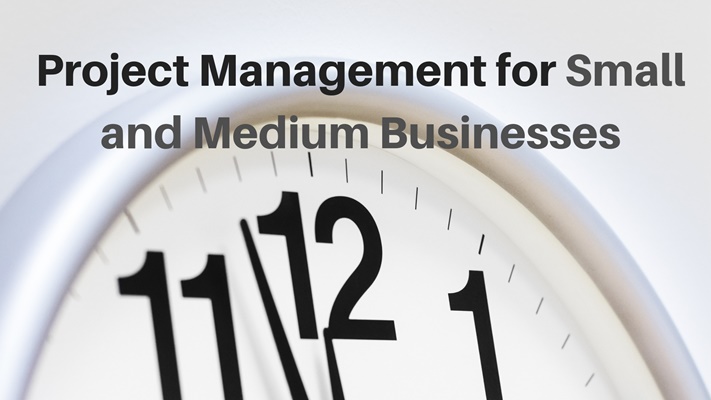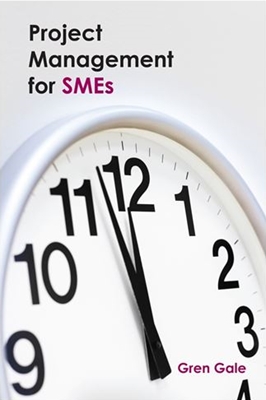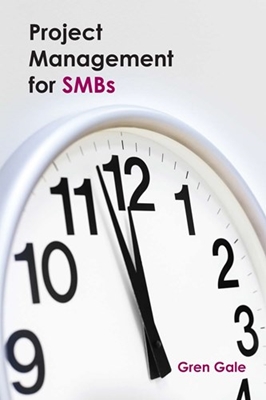If you’re looking to buy something and you don’t know what you want, there’s an excellent chance that you’ll get something you don’t want. That’s why it’s so important to know what you want before talking to a supplier.
However there is a class of requirements that it’s easy to forget that have the potential to have a devastating effect on your business if ignored. These are commonly referred to as non-functional requirements and you need you take account of them when describing what you want:
1 Scalability
There’s little worse than being a victim of your own success. If your product proves to be a success but its support isn’t scalable, you could find yourself with orders you can’t fulfil or telephones that go unanswered because the call centre you outsourced or the website you built to sell it to can’t scale to meet increased demand. It’s the best way to kill your product and your reputation stone dead.
So make sure you let your supplier know how many users you will require to be supported, both in all and simultaneously. Also let the supplier know the maximum number of users that you believe need to be supported in the longer term, to make sure that there is potential for expansion to cope with this.
You’ll also need to find a way of testing this once you’ve set up a service or system. Definitely don’t take a suppliers word for it that they’ve tested this properly.
2 Performance and Availability
A website that takes a long time to retrieve pages is almost worse than no website at all. Be clear about what performance you are expecting and over what hours and days of the year do you expect the service to be provided.
Check out availability. With hosted systems or a service you may be looking to see the supplier’s historic percentage uptime. Find out if and when a hosted service closes down for routine maintenance – this won’t be any good if it’s at a peak time for your business.
3 Security
Data security breaches seem to hit the news every day. Poor security could compromise your business and/or reputation as well as leaving you open to regulatory fines. This could be system or data security or building security and the vetting of staff.
4 Back-ups and Disaster Recovery
What happens in the case of a disaster? How quickly could a supplier recover? Poor disaster recovery for a service or system critical to your business, could spell the end of your business or at the very least a financial and reputational nightmare. In May 2017 poor disaster recovery grounded the entire British Airways fleet for days and is estimated to have cost them £100M as well as a whole lot of reputational damage. Find out what happens in the event of a flood or fire or some other sort of disaster at your supplier? What plans do they have to prevent an interruption to their service and your business.
Is a system crash that corrupts data going to leave you without customer data for days? What data do you need to be backed up and how often do you need this to happen?
Don’t make assumptions about what a hosting supplier or your internal IT department will provide. Check it out and get it written into contracts or in writing if its an internal supplier.
5 And more
There may be other non-functional requirements, depending on the service that you are providing e.g. for a website you will be interested in Search Engine Optimisation, where and by whom the website is hosted, browser compatibility etc.
6 Contract
Suppliers generally hate terms covering non-functional requirements in contracts, especially ones on scalability and performance but you need to make sure these are included.
Want to know more?
Take a look at our on-line course Project Management for Small and Medium Businesses
Or buy our books Project Management for SMEs or its US English version Project Management for SMBs and The Remote Project Manager
More than that we can provide help face-to-face, by phone, Skype or Google Hangouts wherever you are with training, processes, audit and mentoring. Contact us on +44 (0)7788 925027 or enquiries@pmresults.co.uk








Recent Comments